American Government and Politics in the Information Age

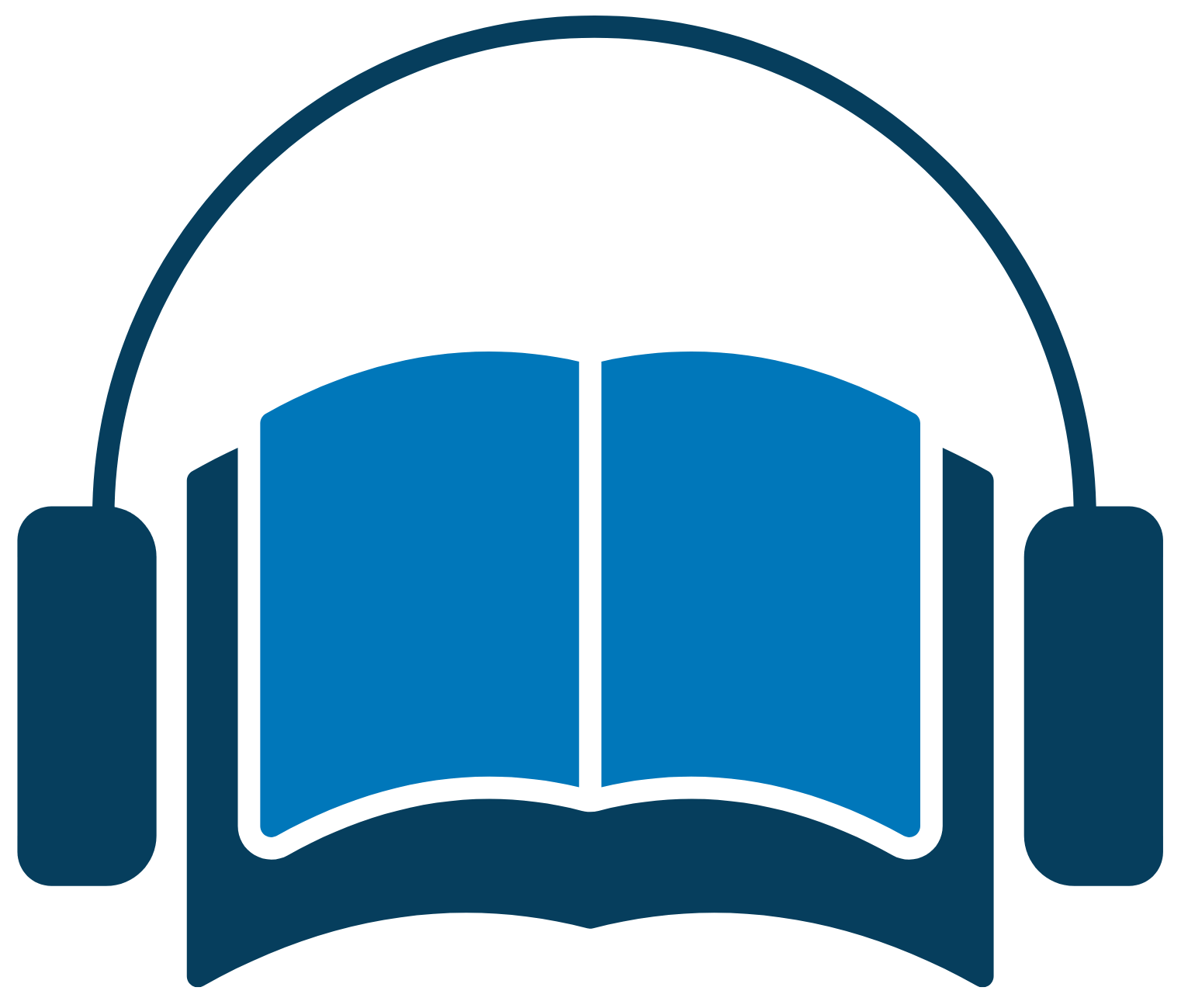
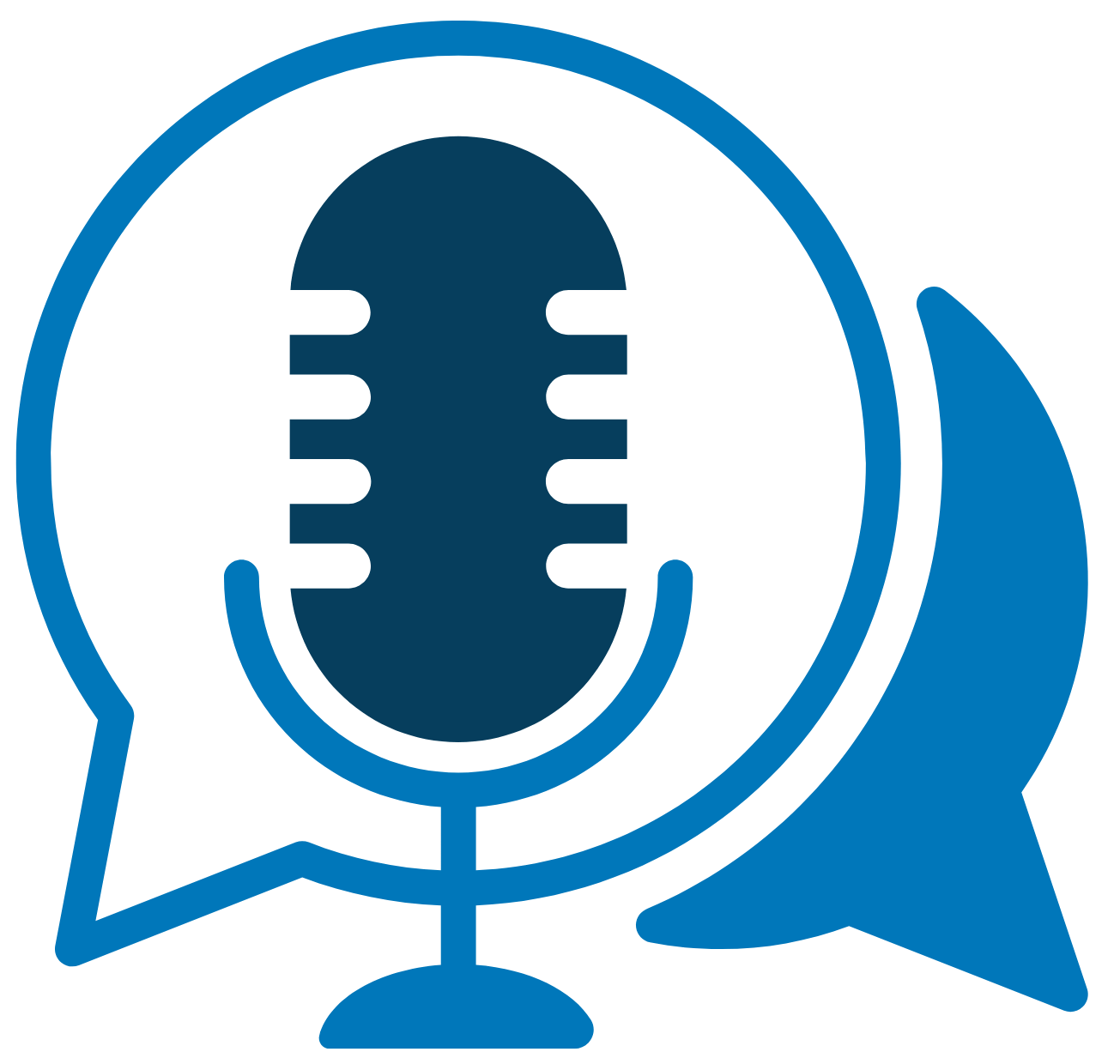
Version 5.0
By David L. Paletz, Diana Owen, and Timothy E. Cook
Included Supplements
Key Features
- Comprehensive treatment covers standard topics in the American government course.
- Contemporary theme of how media and politics interact ties the narrative together without inflating or distorting the media’s importance.
- Strong focus on civic education encourages participation in civic life. Explains how students can use media to intervene effectively in the American political system on their own terms.
- Strong learning framework. Each chapter contains:
- Learning objectives, interim summaries called “Key Takeaways,” and key terms.
- “Enduring Image” features that visually capture the chapter’s subject by presenting an instantly recognizable image. Explains the original meaning of the image, why it was important, and the contemporary relevance.
- “Comparing Content” features that present differences among media depictions of a subject. For example, this feature may compare a political event to reports about it in the news, depictions of the same political event in various media outlets, or compare changes in media depictions over time.
- Certain chapters contain “Civic Education” features that show how young people have become involved in politics, government, and making public policy—and how the media can help and hinder civic work.
- Annotated set of readings (fiction and non-fiction) and films (feature and documentary) for research and enrichment are included for each chapter. Links to video and audio clips, political and media websites, and research databases are included throughout the text.
Students
- Online Access Price
- $33.95
- Color Printed Textbook with Online Access Price
- $60.95
American Government and Politics in the Information Age is designed for American (United States) government and politics courses at the undergraduate level at two- and four-year colleges, and universities. A comprehensive and lively introduction, this textbook covers all the basics of the vital subject of American government.
Inspired by students’ familiarity with mass media and fluent use of communication technologies, the authors make explicit connections between the book’s subject matter, media, and technology. The book’s main areas of focus are: 1) How the media interact with and depict the American political system, 2) The similarities and differences between these depictions and the real world of government and politics, and 3) The consequences these interactions and depictions have on the public, politics at all levels, and government operations and policies. Students develop a keener perception of how the media convey information, and how students themselves can engage productively in politics.
New in This Version
The first three chapters have been re-sequenced as follows:
- The fundamentals of the Constitution and the structure of American government are now discussed in the first chapter (Chapter 1: “The Constitution and the Structure of Government Power”)
- Chapter 2: “Federalism” now follows Chapter 1
- The new placement of Chapter 3: “Communication in the Information Age” (formerly Chapter 1) better aligns with how many adopters prefer to organize their courses
New, updated, or substantially revised coverage of the following has been included in this version:
- The Confederate battle flag, the intergovernmental lobby, and police reform (Chapter 2: “Federalism”)
- Selective exposure, selective perception, selective retention, and polarization (Chapter 3: “Communication in the Information Age”)
- Recent civil rights developments and the increasing importance of Civil War Amendments (Chapter 5: “Civil Rights”)
- Political norms and rituals and repercussions of violating them, the relationship between “Stop the Steal” and the January 6th insurrection, and political efficacy (Chapter 6: “Political Culture and Socialization”)
- Public opinion, polling in the digital age, and the impact of the pandemic upon presidential election polling (Chapter 7: “Public Opinion”)
- The 2020 U.S. presidential election voter turnout, voter participation based on socioeconomic status, age, gender, and race, changes in the racial and ethnic makeup of the U.S. electorate, unsubstantiated claims of voter fraud in the 2020 U.S. presidential election, disenfranchised felons, voter suppression, and citizen activity with focus on Black Lives Matter protests (Chapter 8: “Participation, Voting, and Social Movements”)
- The evolution and demise of interest groups, lobbying and the President, and lobbying government agencies (Chapter 9: “Interest Groups”)
- Liz Cheney’s ouster from House Republican Party Chair, differences between Democrats and Republicans and increased polarization, new key term “party discipline,” divided government and challenges faced by the Biden Administration due to slim party control of Congress, recent trends in Congress, data on party identification and party realignment, and parties’ use of digital media to organize the electorate (Chapter 10: “Political Parties”)
- The 2020 presidential and congressional elections, campaign finance data, escalating costs of political campaigns, state government efforts to curb “dark money,” big data and microtargeting, new key terms “AI” and “voter files,” new digital campaigns such as gaming, the media’s treatment of Biden and Trump during the 2020 election cycle, candidate advertising, the 2020 presidential debates, and California’s 2021 gubernatorial recall election (Chapter 11: “Campaigns and Elections”)
- Trump’s first and second impeachments, redistricting based on the 2020 census, notable congressional actions, the CARES Act, The American Rescue Plan, congressional leaders, Constitutional provisions for disciplining congressional members, demographics of congressional members, Alexandria Ocasio-Cortez and her media presence, and use of social media by congressional members (Chapter 12: “Congress”)
- The presidency under Trump and particularly in light of the Mueller Report, the U.S. Justice Department under Attorney General Barr, the final days of the Trump presidency, and the advent of the Biden presidency (Chapter 13: “The Presidency).
- The role of Inspector General, regulatory committees and airline crashes, and J. Edgar Hoover (Chapter 14: “The Bureaucracy”)
- The nomination and confirmation of Justice Amy Coney Barrett (Chapter 15: “The Courts”)
- The government’s reaction to the coronavirus pandemic with specific focus on the Biden Administration’s response and new information about how former Governor Andrew Cuomo handled the crisis (Chapter 16: “Policymaking and Domestic Politics”)
- The U.S. withdrawal from Afghanistan (Chapter 17: “Foreign and National Security Policies”)
- Recommended Reading and Recommended Viewing updated throughout the text
- About the Authors
- Acknowledgments
- Dedication
- Preface
-
Chapter 1: The Constitution and the Structure of Government Power
-
Chapter 2: Federalism
-
Chapter 3: Communication in the Information Age
-
Chapter 4: Civil Liberties
-
Chapter 5: Civil Rights
-
Chapter 6: Political Culture and Socialization
-
Chapter 7: Public Opinion
-
Chapter 8: Participation, Voting, and Social Movements
-
Chapter 9: Interest Groups
-
Chapter 10: Political Parties
-
Chapter 11: Campaigns and Elections
-
Chapter 12: Congress
-
Chapter 13: The Presidency
-
Chapter 14: The Bureaucracy
-
Chapter 15: The Courts
-
Chapter 16: Policymaking and Domestic Policies
-
Chapter 17: Foreign and National Security Policies
-
Appendix A: The Constitution of the United States
-
Appendix B: Articles of Impeachment Against President Donald John Trump
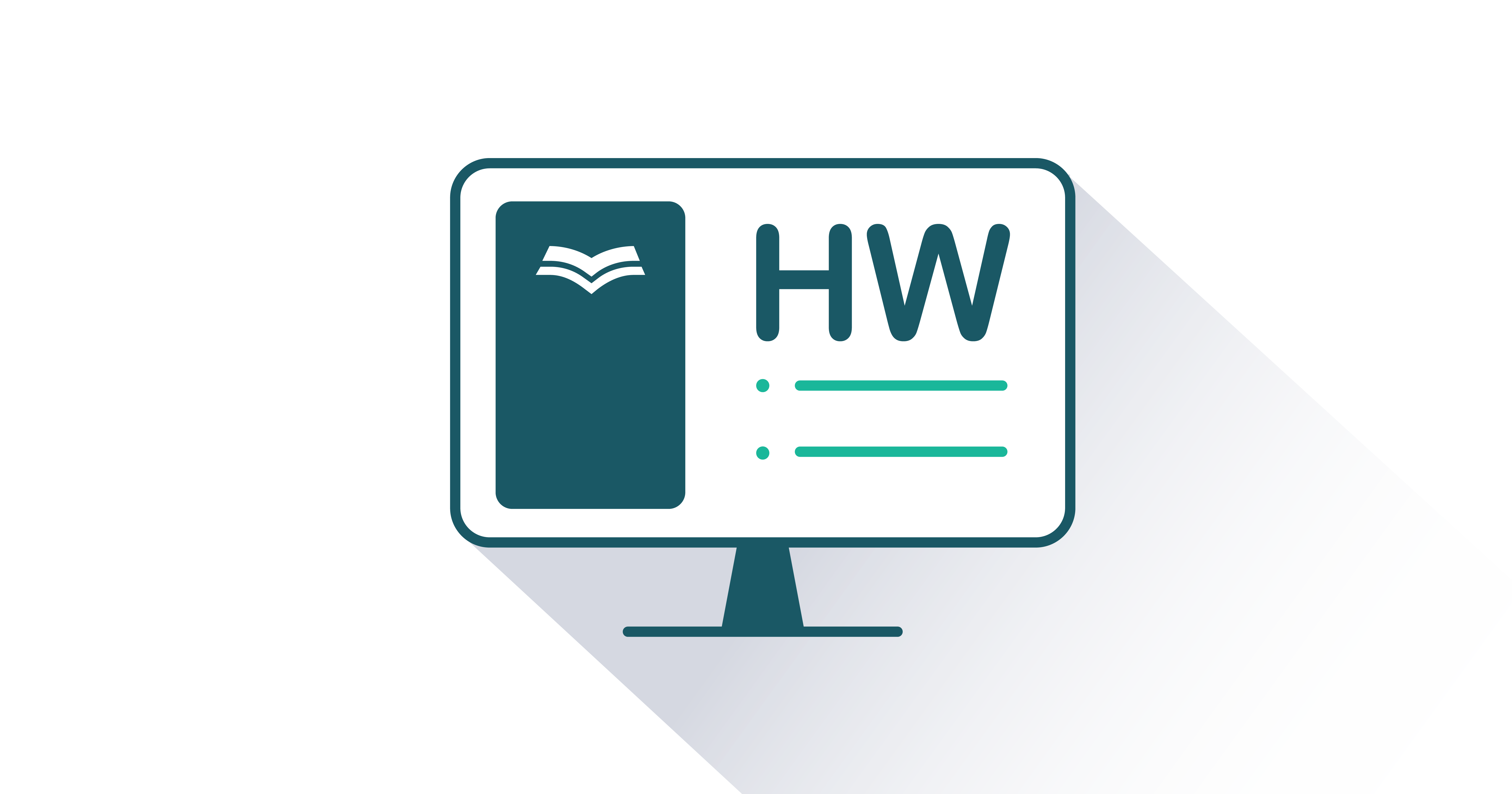
FlatWorld Homework
FlatWorld Homework includes multi-format questions written specifically for your FlatWorld book, which you can access through our stand-alone interface or integrate with your learning management system.
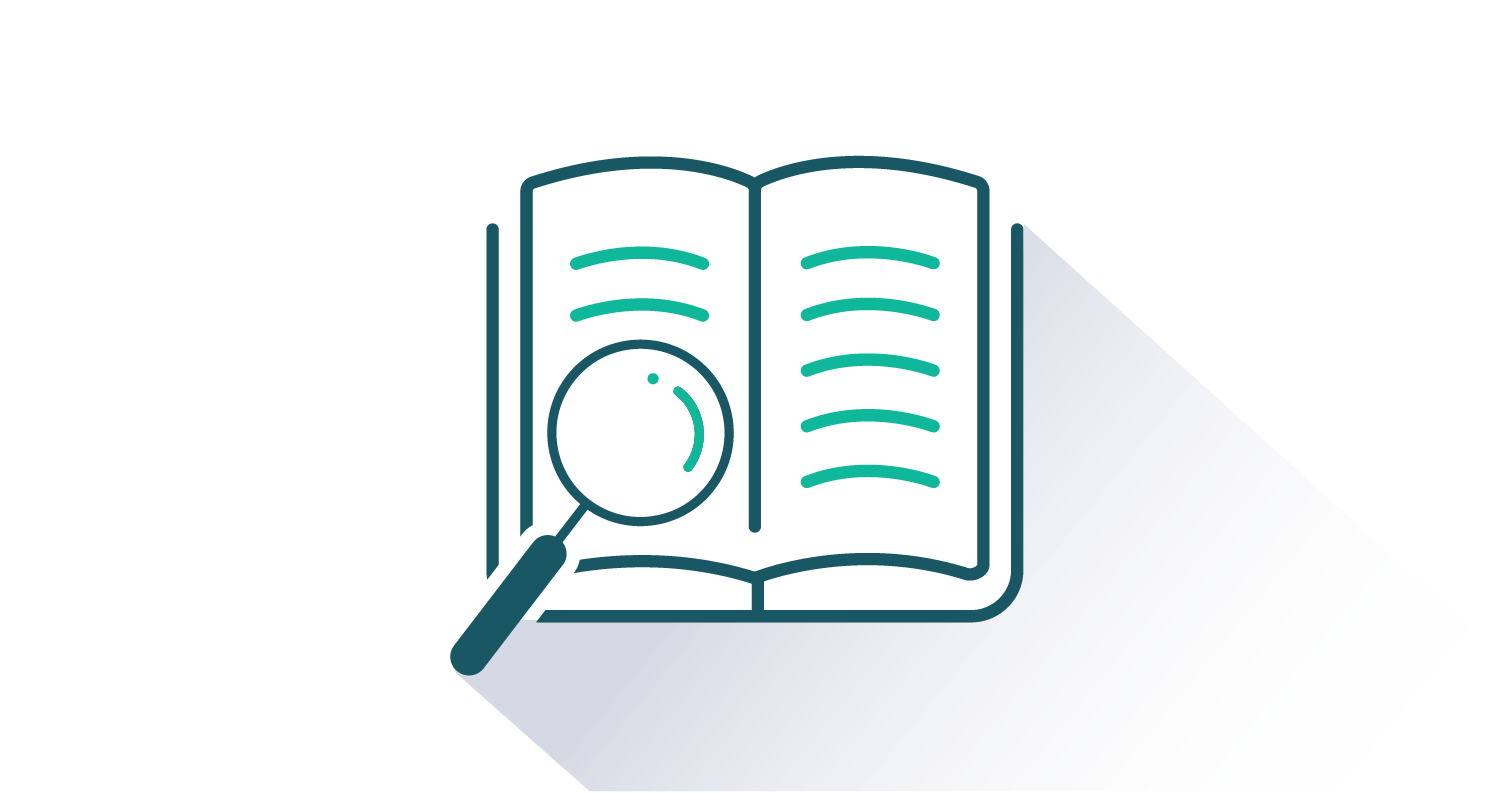
Instructor’s Manual
The Instructor’s Manual guides you through the main concepts of each chapter and important elements such as learning objectives, key terms, and key takeaways. Can include answers to chapter exercises, group activity suggestions, and discussion questions.

PowerPoint Lecture Notes
A PowerPoint presentation highlighting key learning objectives and the main concepts for each chapter are available for you to use in your classroom. You can either cut and paste sections or use the presentation as a whole.
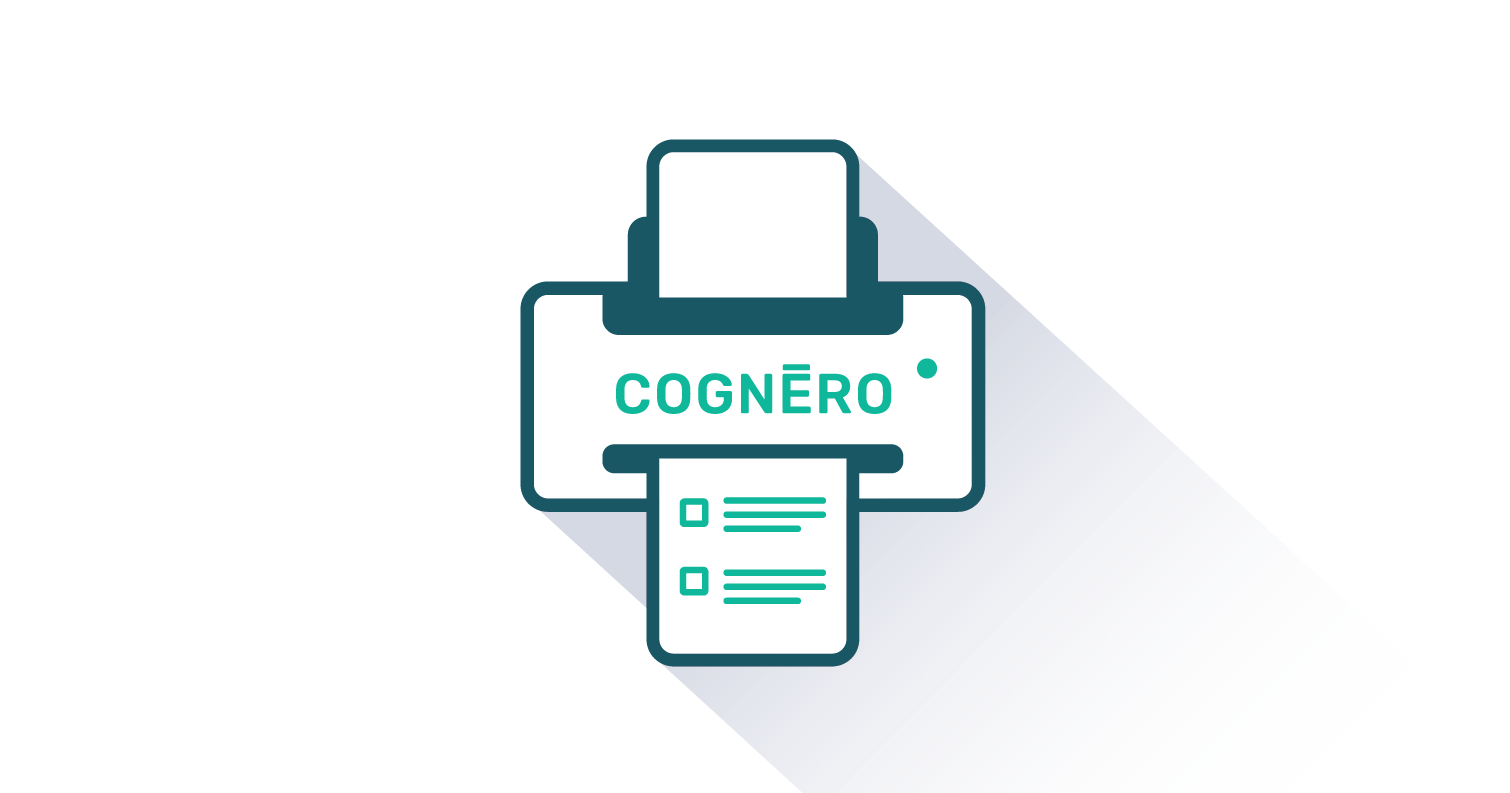
Test Generator - powered by Cognero
FlatWorld has partnered with Cognero, a leading online assessment system, that allows you to create printable tests from FlatWorld provided content.

Test Bank Files for Import to Learning Management Systems
For your convenience, we've packaged our test items for easy import into Learning Management Systems like Blackboard, Brightspace/D2L, Canvas, Moodle, or Respondus.
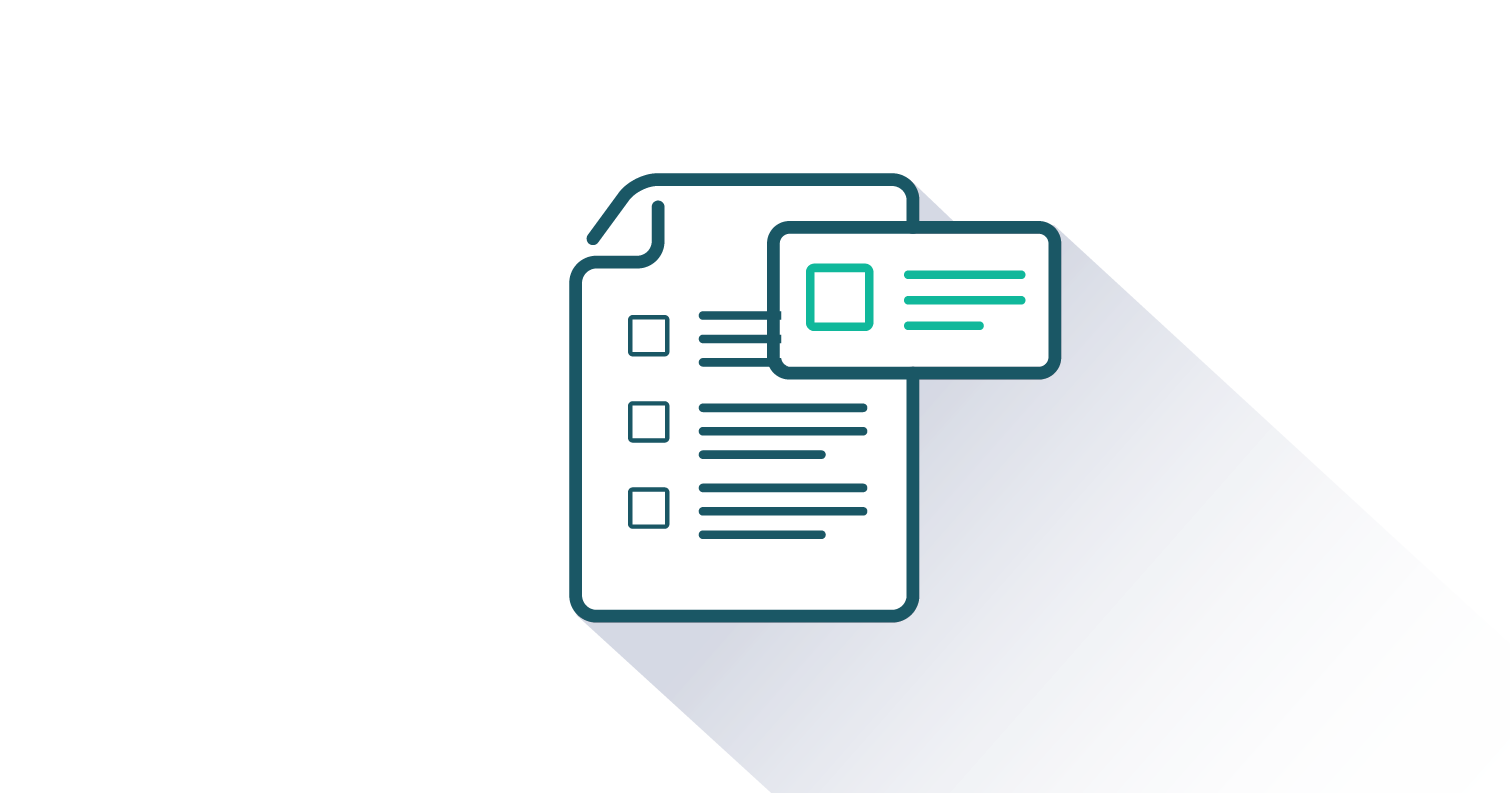
Test Item File
Need assistance in supplementing your quizzes and tests? Our test-item files (in Word format) contain many multiple-choice, fill-in-the-blank, and short-answer questions.
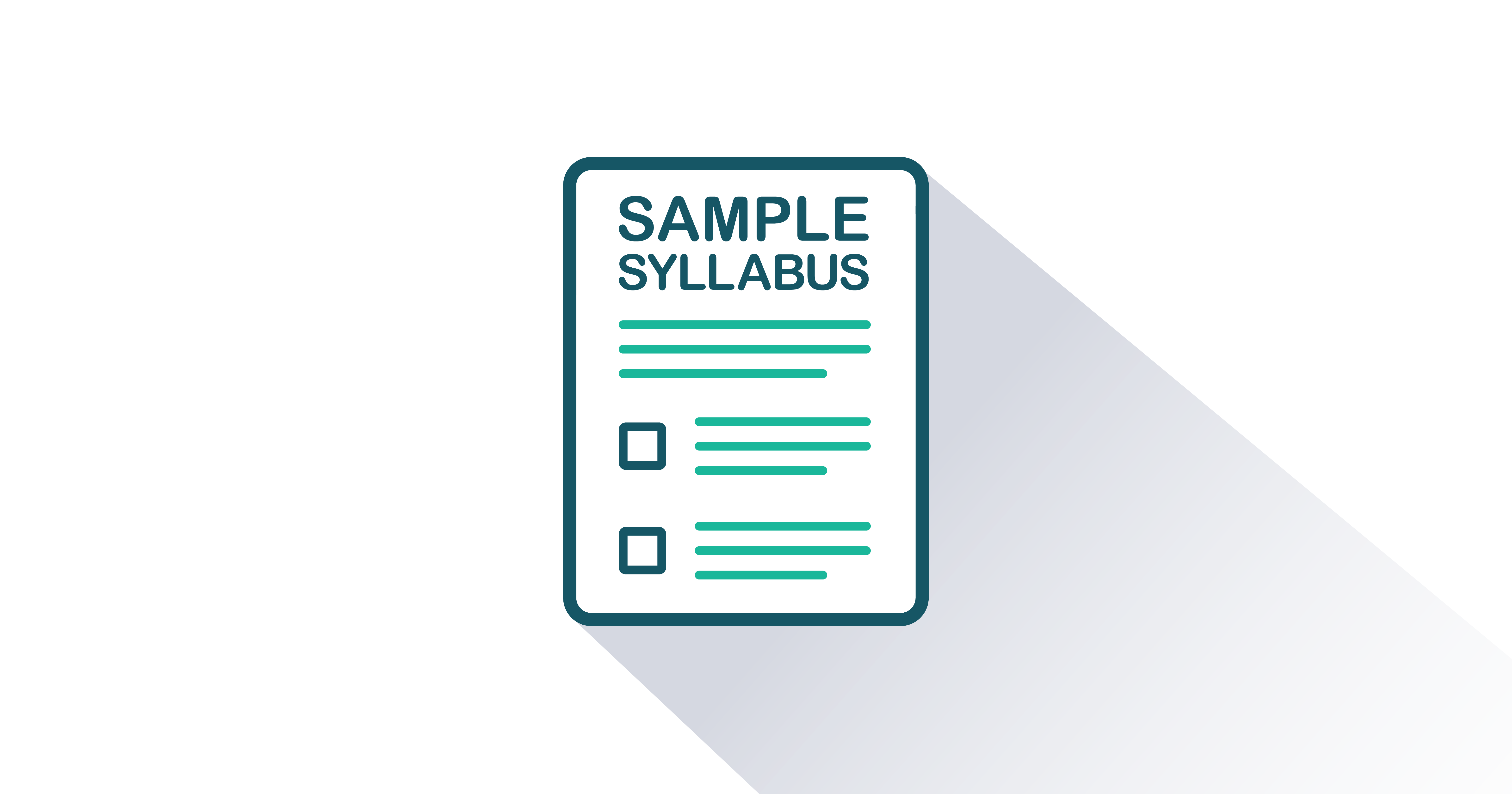
Sample Syllabi
Sample syllabi provide useful templates to help new faculty adopters revise their teaching plans to match their assigned FlatWorld textbook or lend insights to existing adopters on how to organize their classes.
DownloadAt FlatWorld, we take pride in providing a range of high-quality supplements alongside our titles, to help instructors teach effectively. Supplements are available for instructors who have registered their adoption with us. If you need to review or preview something specific, please contact us.
Already registered? Sign in here.
Additions & Errata
6/6/25:
Section 13.3
Changed “2008” to “2004” in last sentence of last paragraph under “Public Approval.”
